There’s such a thing as “too much information”, especially for
Thank you for joining us to explore critical global health challenges and collective solutions.
The 2025 Health and Humanity Summit brought together global thought leaders, experts, and advocates to address a critical question: What happens when states fail to govern health responsibly, and what are our collective obligations when global solidarity is under strain, contested, co-opted, and redefined?
Set against a backdrop of shrinking aid, weakened health systems, and mounting attacks on medical care, the Summit highlighted the growing failure of states and the international community to uphold basic obligations to humanity as a whole. Hospitals and health workers, once protected even in conflict, are now routinely targeted, and the systems meant to safeguard them are faltering. The event highlighted how no single actor holds all the answers and emphasized the urgent need for new, collaborative approaches to protect health—especially for women and marginalized communities—as traditional humanitarian mechanisms fail.

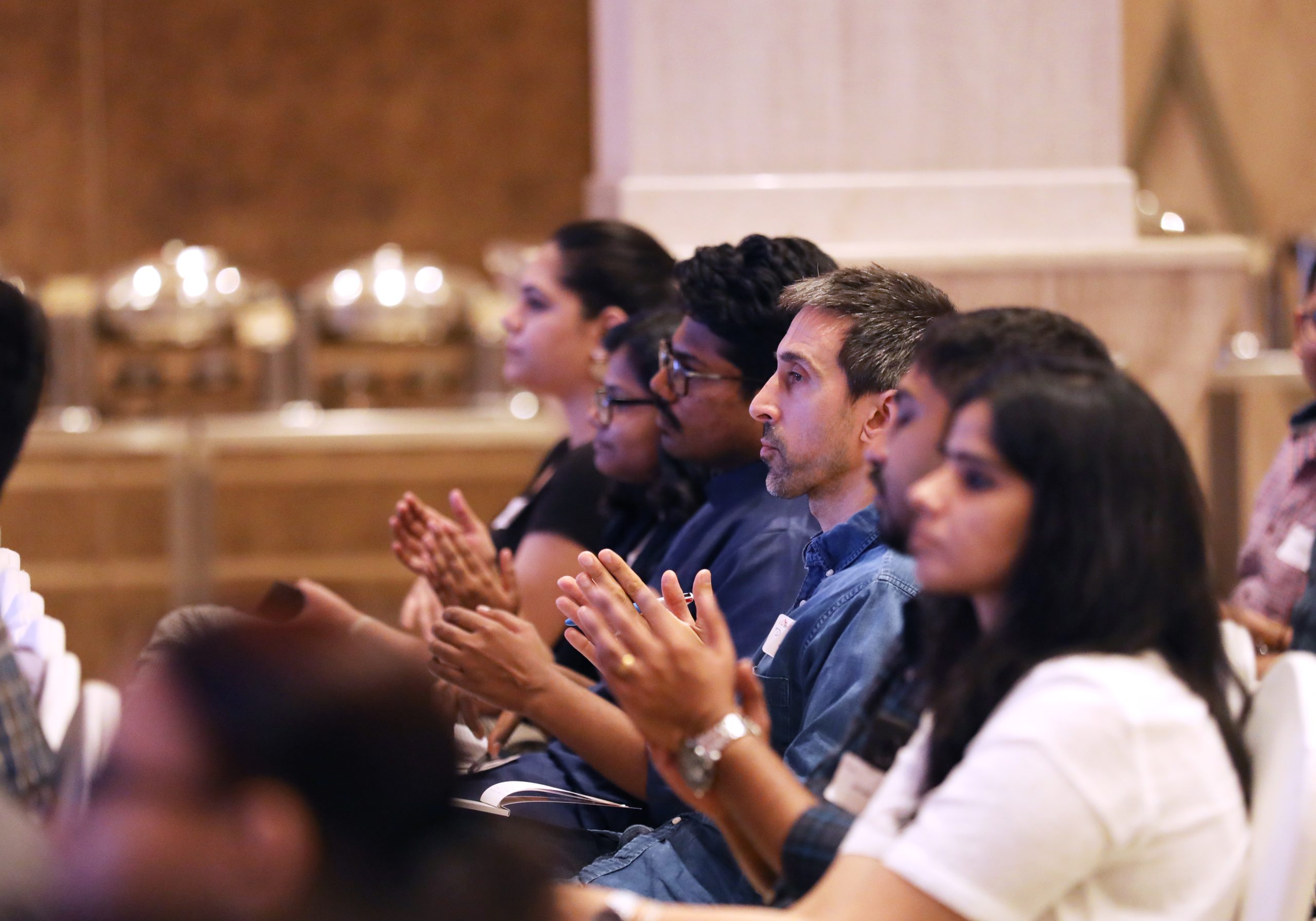
There such a thing as too much infornation especially for you
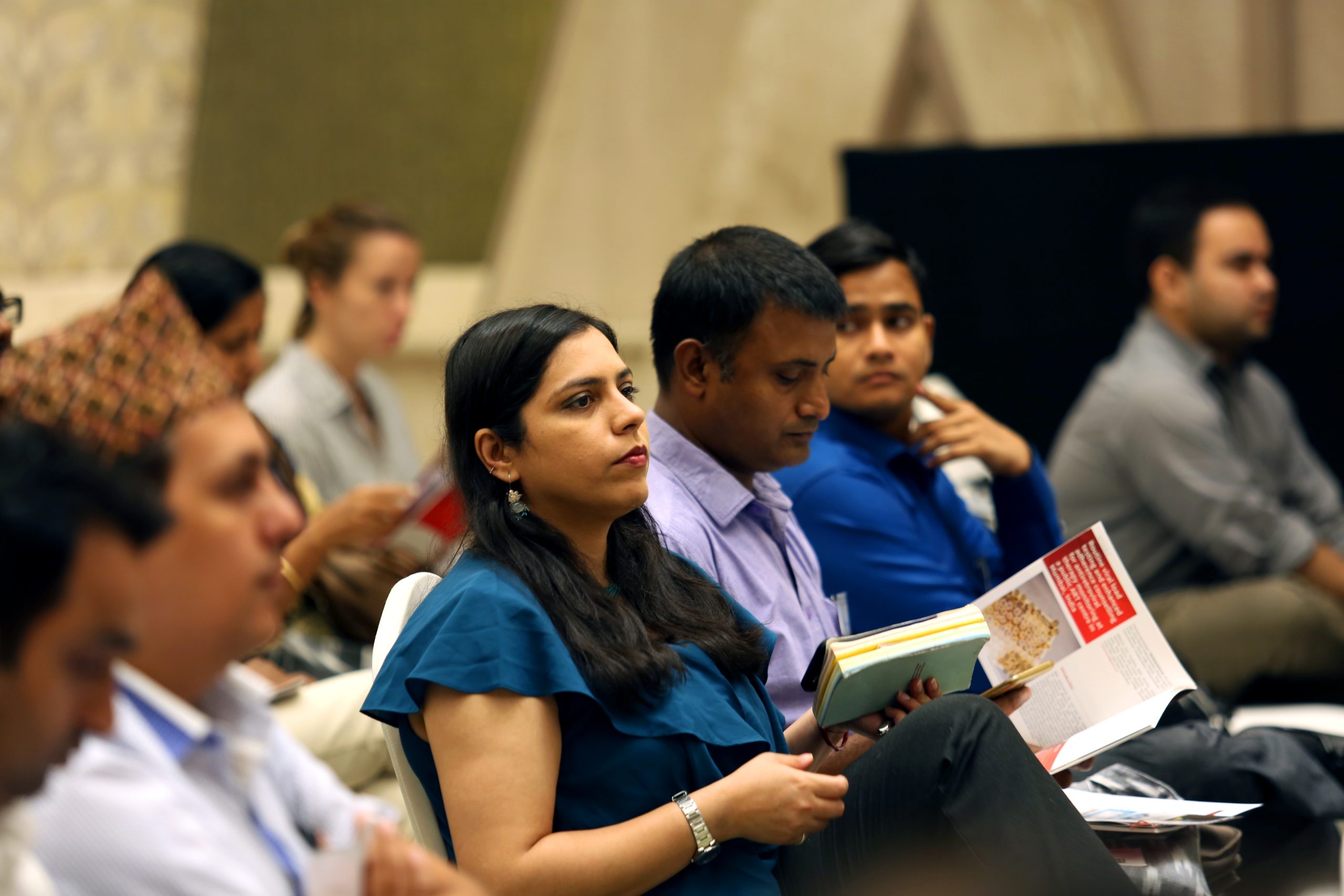
There such a thing as too much infornation especially for you
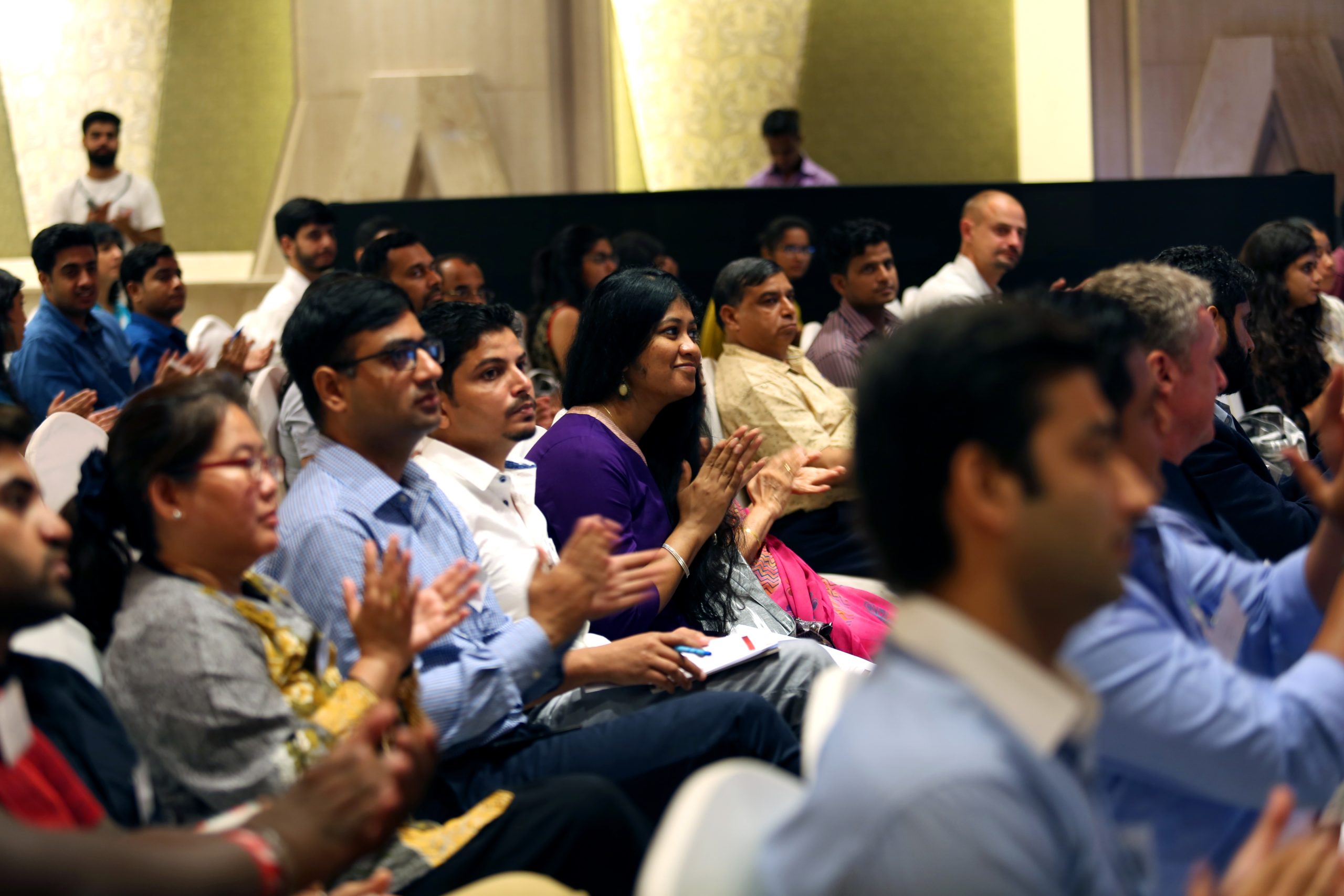
There such a thing as too much infornation especially for you
Civil Society: Organizations and individuals whose work addresses social issues and promote public welfare, including non-governmental organizations (NGOs), community-based organizations, grassroots movements, advocacy groups, and activists.
Academia: Professors, researchers and students in the field of international relations, human rights, area studies, public health, public policy, communications, conflict and other related fields.
Thought Leaders: Subject matter experts and industry influencers in the fields of humanitarian aid, public health, technology and social justice whose work adds value to discourse, shapes debates, drives conversations, and provides insights.
Media: Freelance and staff journalists, including photojournalists, reporters, editors, publishers etc, who report and write about health and humanitarian issues.
Grab your seat while they last we have a limited number available
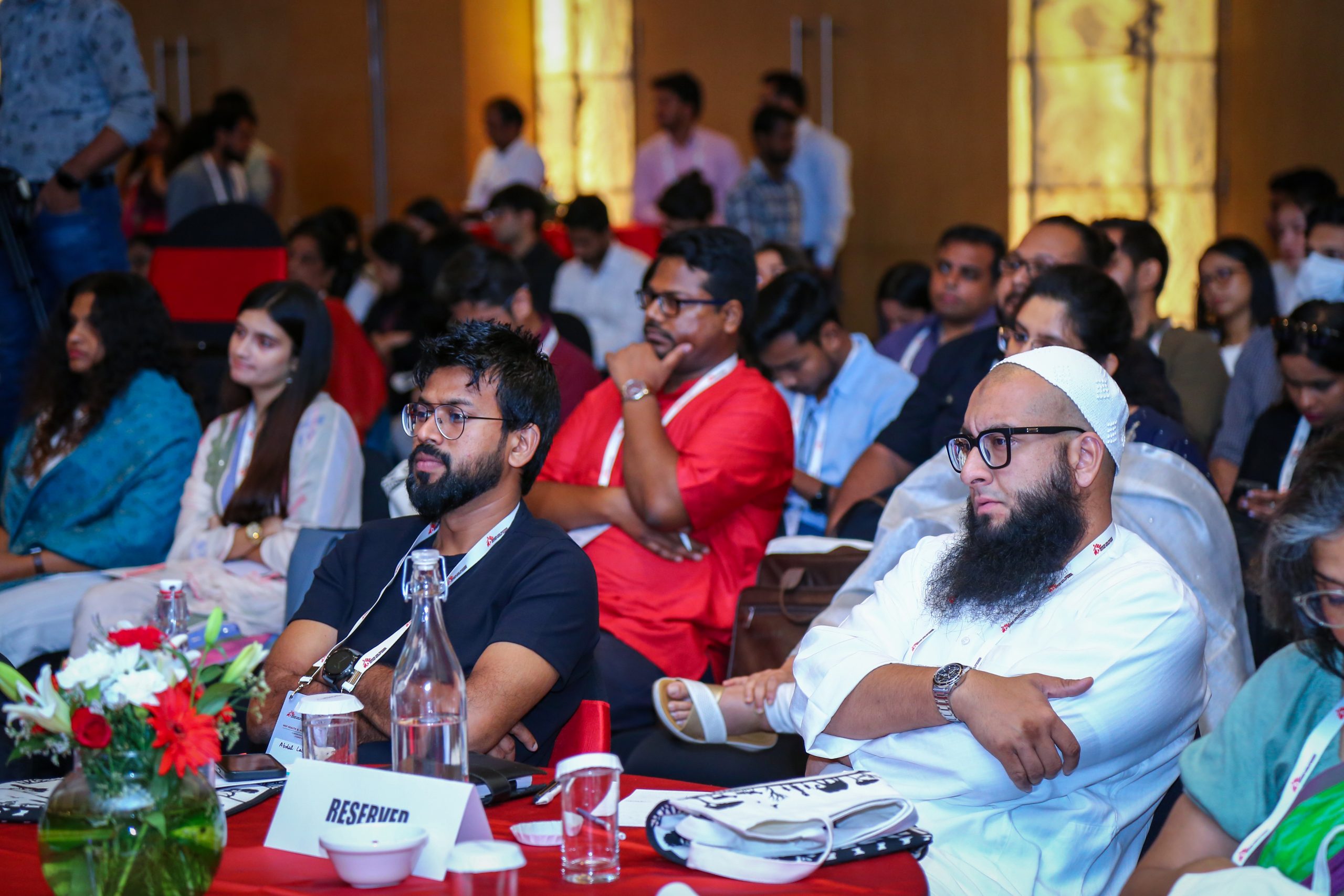
There such a thing as too much infornation especially for you
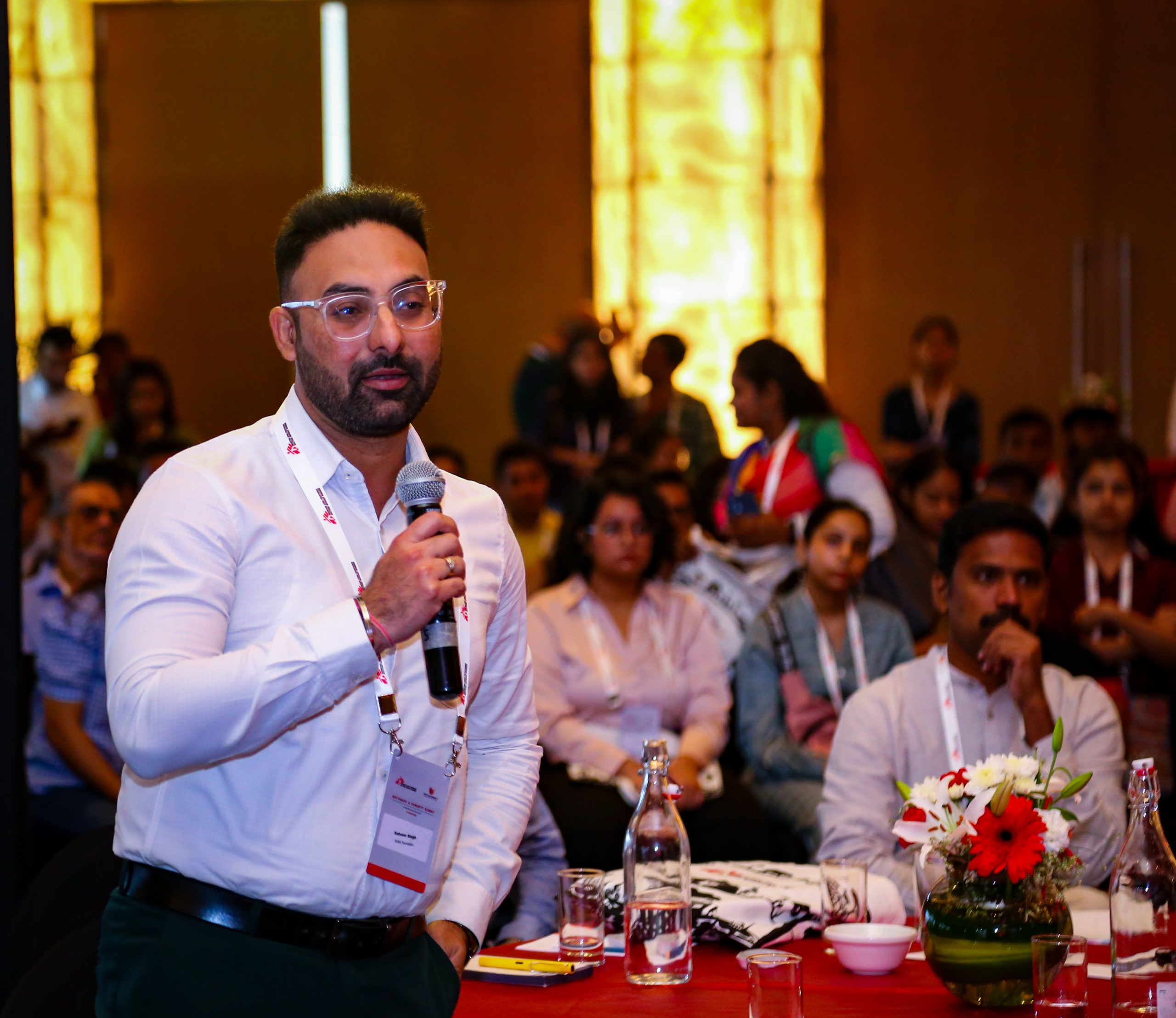
There such a thing as too much infornation especially for you
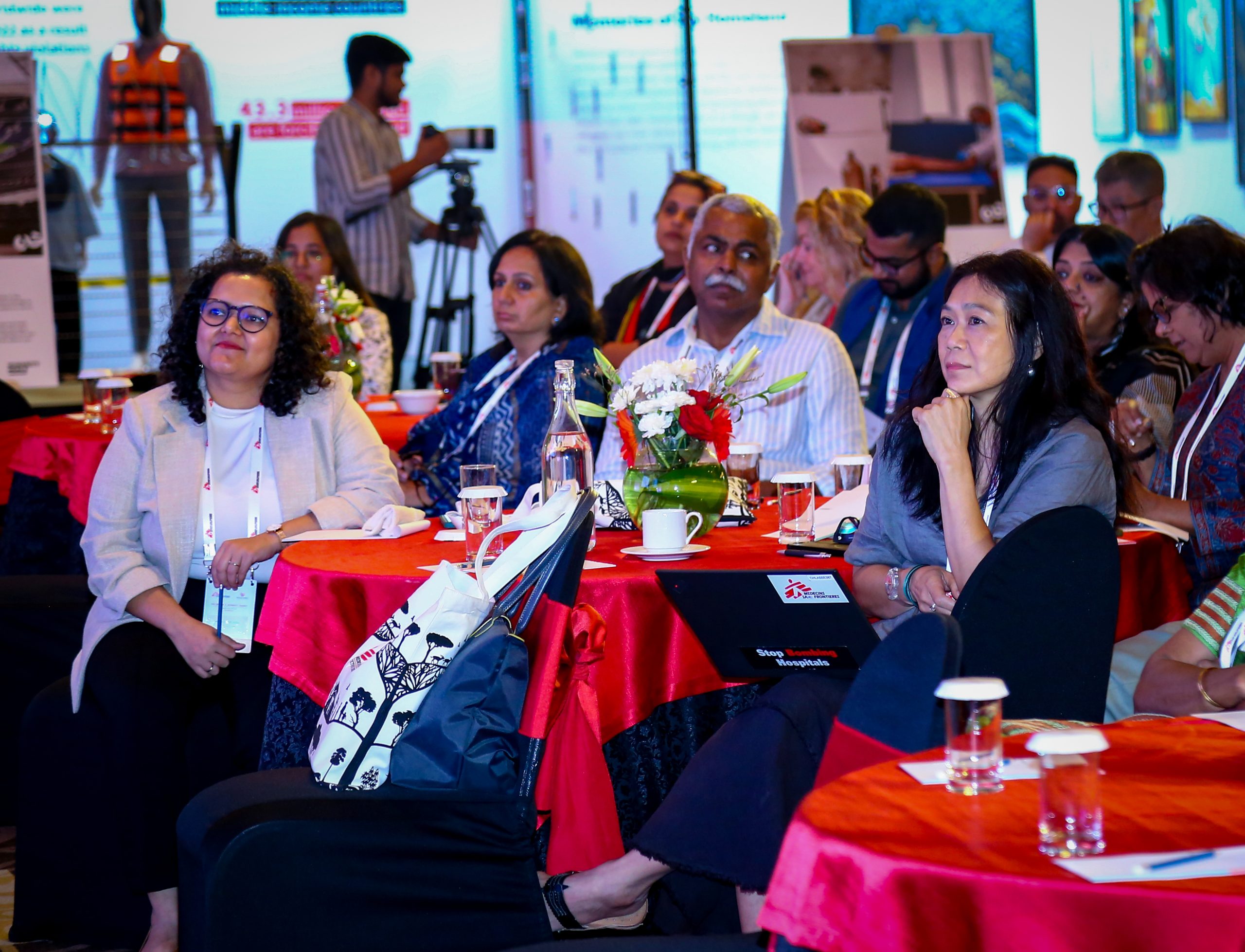
There such a thing as too much infornation especially for you
Civil Society: Organizations and individuals whose work addresses social issues and promote public welfare, including non-governmental organizations (NGOs), community-based organizations, grassroots movements, advocacy groups and activists.
Academia: Professors, researchers and students in the field of international relations, human rights, area studies, public health, public policy, communications, conflict and other related fields.
Thought Leaders: Subject matter experts and industry influencers in the fields of humanitarian aid, public health, technology and social justice whose work adds value to discourse, shapes debates, drives conversations, and provides insights.
Media: Freelance and staff journalists – including photojournalists, reporters, editors, publishers, etc – who report and write about health and humanitarian issues
Centre for Future Defence & National Security, Deakin University
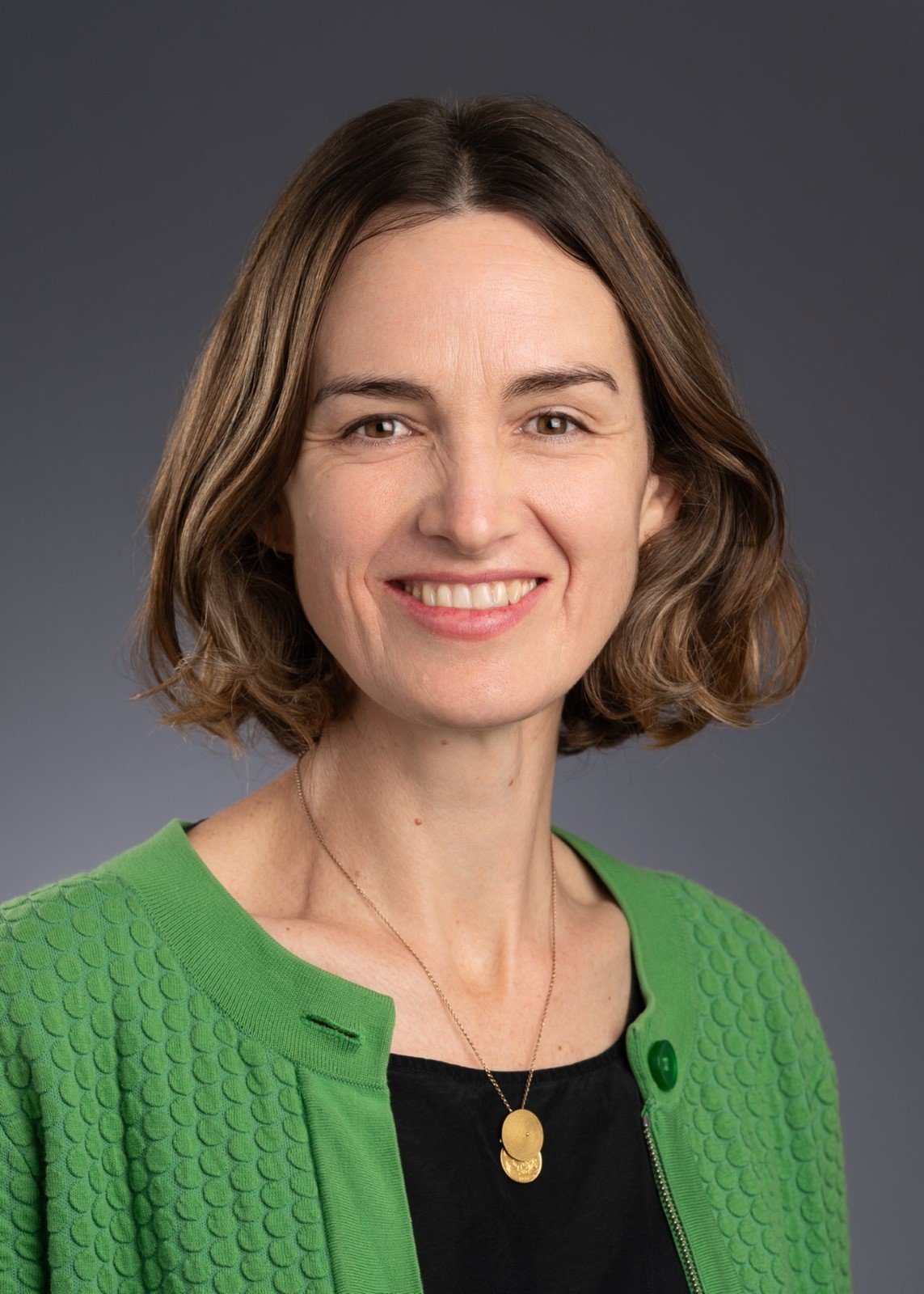
Expertise in: Research and Changing World Order
Emily Tannock is a Lecturer in War Studies at the Centre for Future Defence and National Security at Deakin University. Before joining Deakin, she was Postdoctoral Research Fellow at the University of Queensland, where she obtained her PhD. Her research is about history of the legal and ethical norms of legitimate force in the international order, and how these have changed over time.
General Director, MSF Brazil
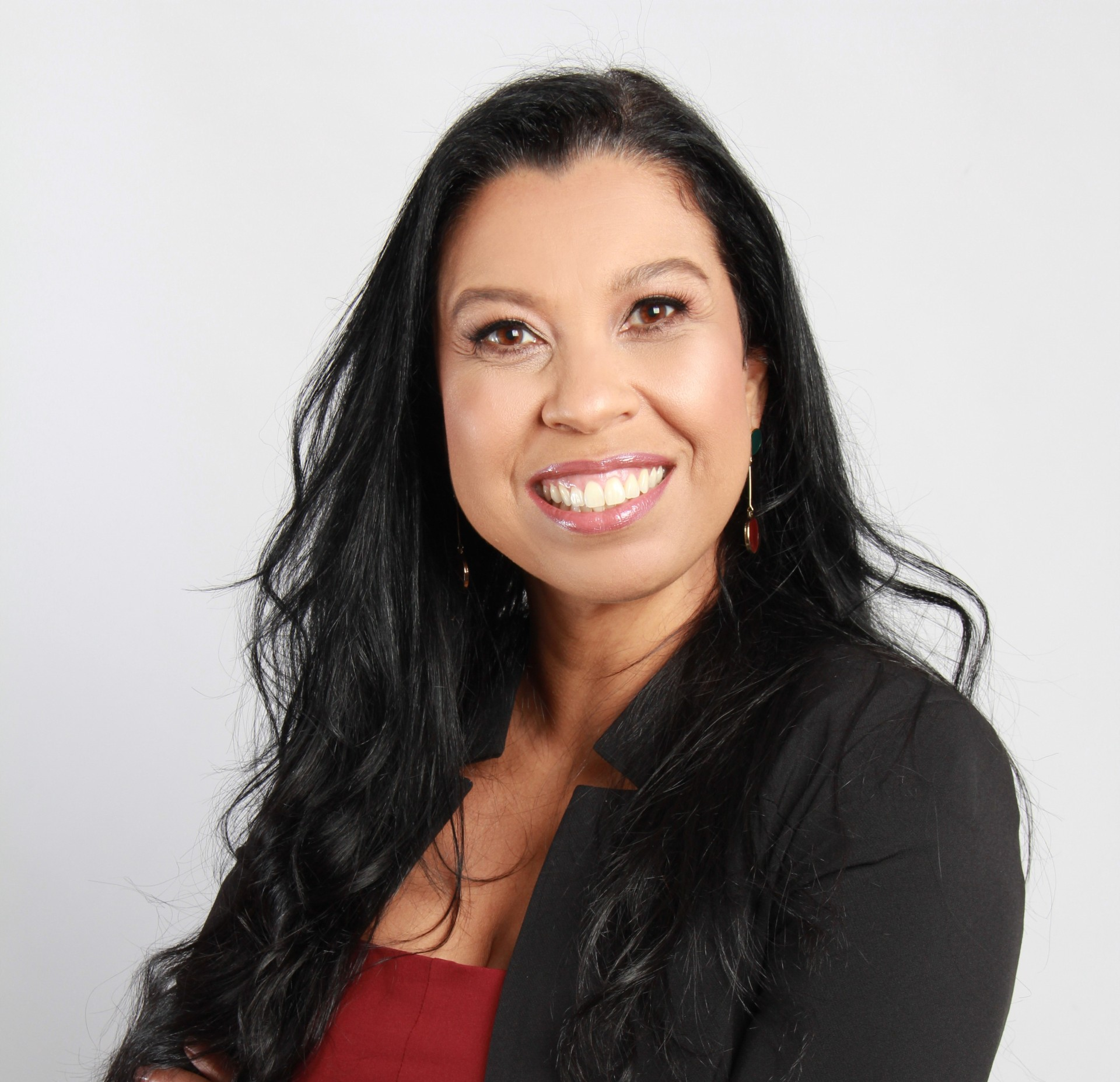
Expertise in: Humanitarian Access
Renata Reis has been the General Director of Médecins Sans Frontières-Brazil (MSF-Brazil) since October 2022, after previously serving as Deputy Director; Advocacy Specialist at MSF-Brazil; and Humanitarian Access Specialist for Latin America at MSF-Belgium.
She holds a PhD in Public Policies, Strategies, and Development from the Federal University of Rio de Janeiro and a Master’s degree in Social Policies. She worked as a lawyer for the Brazilian Interdisciplinary AIDS Association (ABIA) and coordinated the Intellectual Property Working Group of the Brazilian Network for the Integration of Peoples (REBRIP). She was also a member of The Lancet COVID-19 Commission.
In addition to being a lawyer, Renata is also a journalist and has experience in human rights, institutional and government relations, intellectual property with an emphasis on patents, medicines and access to health, and international cooperation. Since 2016, she has been teaching advocacy at the Pontifical Catholic University (PUC) of Rio de Janeiro.
CEO, The New Humanitarian
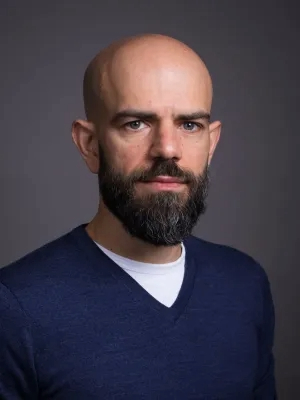
Expertise in: Advocacy for decolonising global health and advancing humanitarianism
Dr Aloudat, a Syrian-Swiss physician, is currently the CEO of The New Humanitarian, the leading humanitarian newsroom reporting from the heart of crises. With over two decades of experience at the forefront of international humanitarian organisations, he is a leading advocate for decolonising global health and advancing humanitarianism. He started his humanitarian career as a volunteer for the Syrian Red Crescent, and then with the International Federation of Red Cross and Red Crescent Societies (IFRC) in Iraq after the invasion in 2003. Over the last 20 years, he has worked in emergencies ranging from conflicts and forced displacement to disasters and disease outbreaks – from Darfur to the Indian Ocean tsunami to the Haiti earthquake. His most recent role was as President of MSF Netherlands and as a member of MSF’s International Board.
Founder and Executive Director, RAKSHA Intelligence Futures
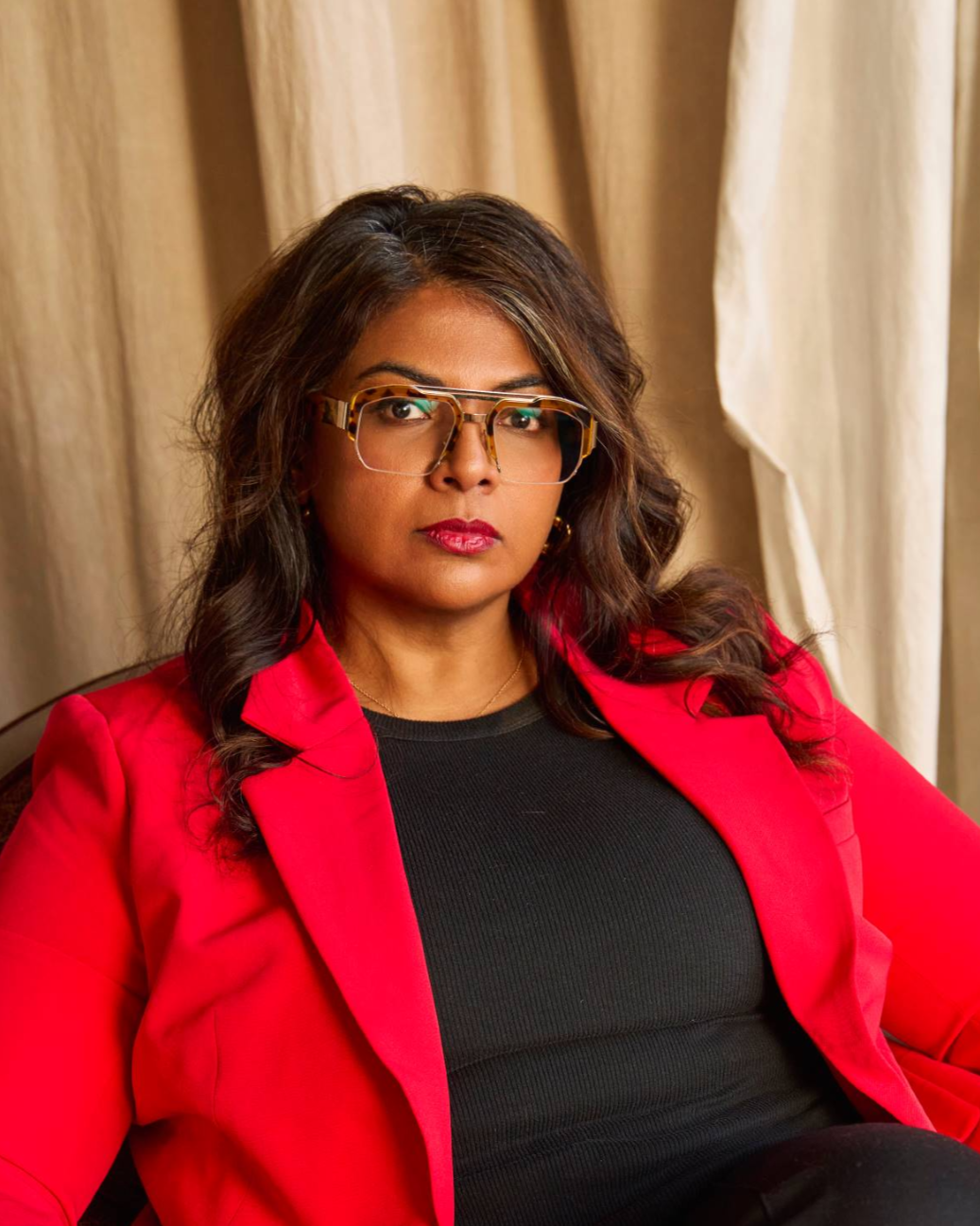
Expertise in: Risk Intelligence
Aarathi is known for her boundary-pushing approach, her published work is recognized as standard setting and has been incorporated into educational frameworks at prestigious institutions including the UN System Staff College, International Committee of the Red Cross, UN Development Program, Brandeis University, and Cornell Tech.
A trusted voice in multilateral, humanitarian, and academic spheres, Aarathi is a sought-after public speaker whose TED talk has garnered over 1.6 million views and been translated into five languages. Her insights have been featured by Fast Company, The Saturday Paper Australia, ABC Radio Australia, and the Centre for Strategic and International Studies.
Executive Director, MSF South Asia
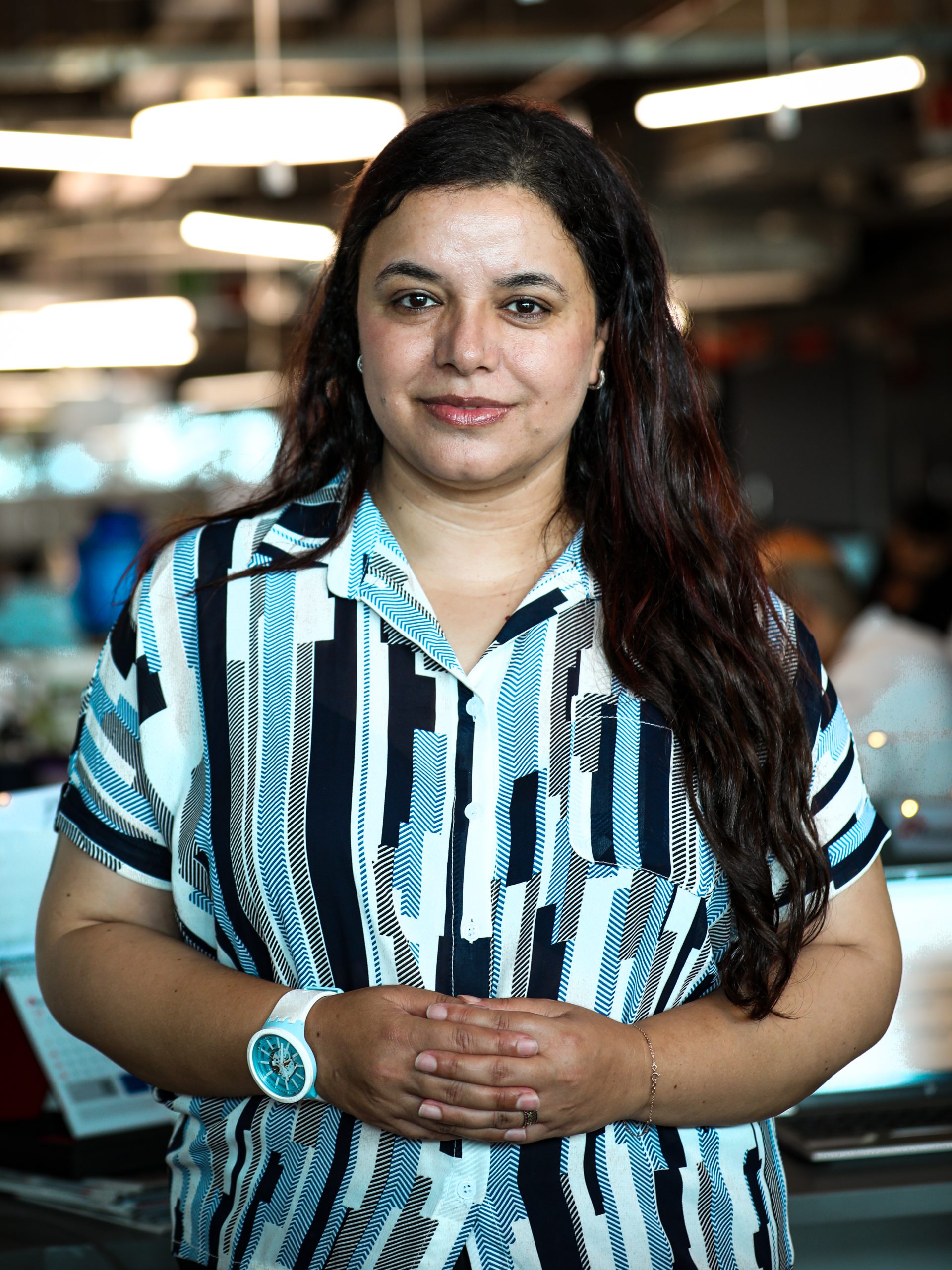
Expertise in: Humanitarian crisis, medical anthropology, hospital management, and human resources.
Farhat Mantoo is the Executive Director of MSF in South Asia and manages offices in Sri Lanka, Bangladesh, Pakistan, and India. She specializes in medical anthropology, communication, people and business leadership. She is alumni of The European School of Management and Technology (ESMT) Berlin and Indian School of Business (ISB) Hyderabad. She serves on various international committees, both in MSF and externally, and has co-authored several publications. Her primary research interests are the application and relevance of low-cost quality medical innovations and implementation in humanitarian medicine. Farhat has worked for over 23 years in humanitarian and development sector in management and leadership roles mainly in Asia, Europe, and East Africa. In addition to her ED role, she is also part of core global leadership team looking at MSF operations world-wide.
Human Rights Expert
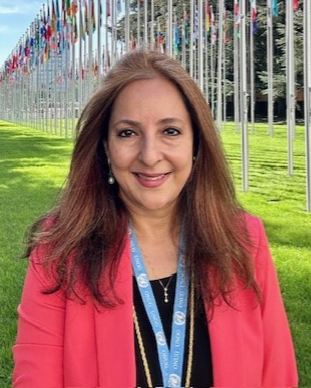
Expertise in: Human Rights
Melissa Upreti is an internationally recognized human rights lawyer and legal expert who has spent over two decades advancing women’s rights and gender equality globally, and with a strong focus on Asia. She has held key leadership and management positions at the International Commission of Jurists, the Center for Women’s Global Leadership and at the Center for Reproductive Rights.
Upreti is a former UN Special Procedures Mandate-Holder and served two terms as an Expert Member of the Human Rights Council’s UN Working Group on discrimination against women and girls, from 2017-2023, including as Chair-Rapporteur from 2021-2022. She is a Fellow at the University of Toronto, Law Faculty’s International Reproductive and Sexual Health Law Program.
Lecturer, Graduate Institute of International and Development Studies, Geneva
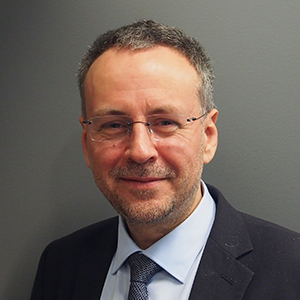
Expertise in: International Humanitarian Law and Policy
Vincent Bernard is a seasoned expert in international humanitarian law and policy. He has worked extensively in humanitarian operations where he promoted respect for humanitarian norms among armed actors, civil society organizations, and government authorities.
He held several key positions at the International Committee of the Red Cross (ICRC) in operations and at headquarters, including Head of Field Communication, Editor-in-Chief of the International Review of the Red Cross (published by Cambridge University Press), and Head of the Law and Policy Forum—a unit leading the ICRC’s engagement with expert communities on humanitarian law and policy.
More recently, Vincent served as Senior Policy Advisor at the International Code of Conduct for Private Security Service Providers’ Association (ICoCA) in Geneva, focusing on the regulation and accountability of private security companies.
He studied political science, law, and international relations in Strasbourg, London, and Geneva.
Vice President, AFGA Governing Board
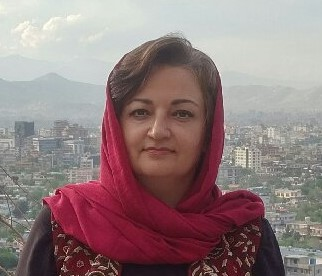
Expertise in: Healthcare services for women in Afghanistan
Seema Ghani was born and raised in Afghanistan but went into exile during the Communist regime. She completed her higher education in the UK, taking advantage of the opportunity of living abroad.
Seema returned to Afghanistan in 2002 after the fall of the Taliban. During the following 20 years, she worked across three sectors—government, civil society/NGO, and private sector—carrying out reforms and setting up policies. While with the government, she managed the country's budget as Director General of Budget at the Ministry of Finance, became Deputy Minister at the Ministry of Finance, and also worked as Deputy Minister of Labour Affairs in 2011.
Seema is a volunteer vice president of two NGOs: the Afghan Family Guidance Association (affiliated with IPPF), which works for reproductive rights and health, and another organization focused on girls' education.
Head of Humanitarian Affairs, Advocacy, and Operational Communications (OSCAR), MSF-OCA

Expertise in: Humanitarian Affairs and Advocacy
Sophie Désoulières heads humanitarian affairs, operational communications and advocacy at MSF OCA. She started working with MSF as a humanitarian affairs adviser supporting operations in Northeast Syria, Iraq, Jordan, Pakistan, Afghanistan, Yemen and Venezuela. Prior to joining MSF, Sophie was South Asia Senior Analyst with the International Crisis Group focusing on conflict dynamics and drivers of peace in Pakistan, Afghanistan and Kashmir.
Vice President, Brand and Communications, Global Fund for Women
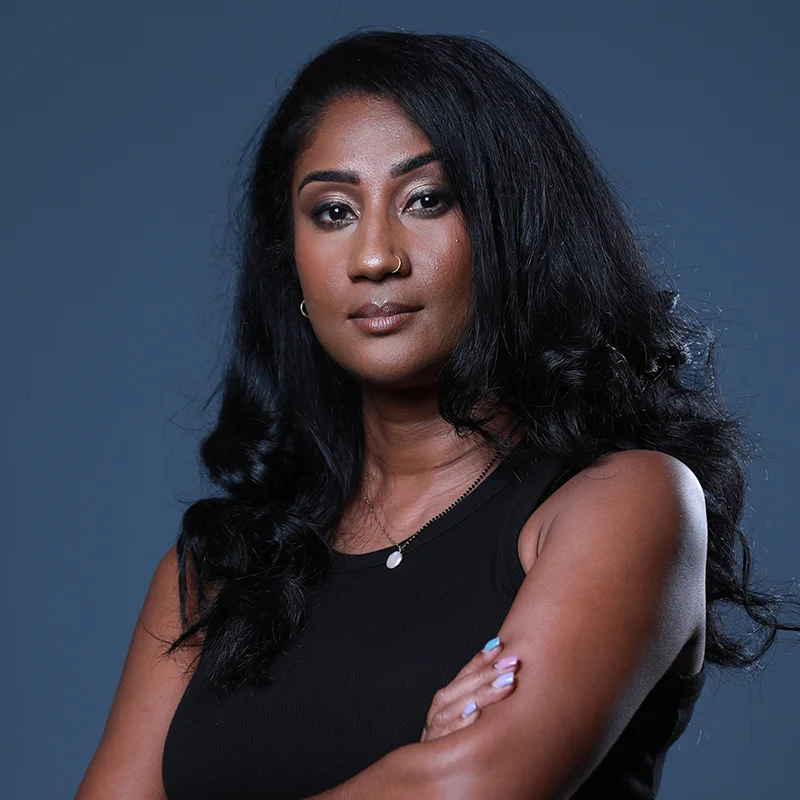
Expertise in: Harnessing Media for Empowerment of Marginalised Communities
Pradeepa Jeeva is an accomplished media executive with a strong commitment to creating impactful content and driving social change. With extensive experience at Machinima (Warner Bros) and the YOMYOMF network (YouTube), Pradeepa has received notable recognition, including features in Variety's 40 under 40 and NBC's 26 Asian Americans to watch. She also launched MOGO Studios, one of Sri Lanka's pioneering animation studios.
Pradeepa's leadership has been instrumental in spearheading impactful initiatives for organizations such as Planned Parenthood Global, International Republican Institute, Bedsider.org, ViiV Healthcare, and the truth® Initiative. These initiatives have made a significant difference across America, Asia, and Africa. In recognition of her achievements, Pradeepa was selected as an Acumen Global Fellow in 2016.
Her work spans diverse regions, including Sri Lanka, the USA, India, Timor-Leste, Nepal, Bangladesh, Burkina Faso, South Africa, Kenya, Uganda, and Ecuador.
Feminist Human Rights Activist
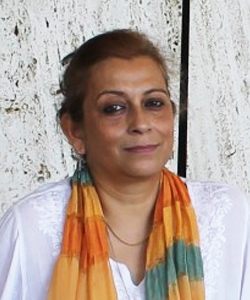
Expertise in: Feminist Human Rights Activism
Roshmi Goswami is a feminist, political and social justice activist known for her work on women’s human rights especially on women in armed conflict and in situations of contestations including occupations. She has been involved in collaborative research on issues ranging from sexual violence and gender justice to peace building and socio-economic rights in political transitions.
She is associated with several human rights and feminists organizations and presently the Co-Chair and bureau member of South Asians For Human Rights (Colombo) providing leadership to their initiatives, Governing Board member of Centre for Economic and Social Rights, New York, Core group member of SANGAT and of Foundation For Social Transformation - enabling ne india. She is presently involved in working with members of civil society in the ongoing contestations in Manipur and on advocacy against the brutal Gaza Genocide.
Founding President of INHURED International
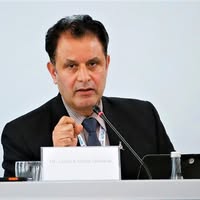
Expertise in: Advancing refugee rights and democratic governance across Asia and beyond
Gopal Krishna Siwakoti is the Founding President of INHURED International, an organization holding Special Consultative Status with the United Nations Economic and Social Council (UN-ECOSOC), has played a pivotal role in advancing refugee rights and democratic governance across Asia and beyond. As a frontline leader since the inception of the Asia Pacific Refugee Rights Network (APRRN), he continues to shape regional advocacy efforts. He also serves as a Senior International Observer with the Asian Network for Free Elections (ANFREL), having participated in election observation missions across more than a dozen countries.
His professional engagements span guest lectures on transitional justice, forced migration, Sustainable Development Goals, refugee protection, and electoral freedom at universities and institutions worldwide. He has authored and edited numerous research publications addressing elections, migration, transitional justice, disaster response, and refugee protection.
Between 2020 and 2021, he produced five international thematic studies, including analyses on the impact of COVID-19 on elections and refugees in Asia Pacific, and the enfranchisement of absentee voters in Nepal. His more recent works (2021–2023) explore the defense of democracy and human rights in South Asia in alignment with SDG 16, the enfranchisement of external migrants and diaspora communities through out-of-country voting mechanisms, and a comparative study of regional human rights instruments. Among his emblematic publications are Beyond Border, Borderless Benevolence, and Climate Calamities: Journey to Justice for Loss & Damage, which reflect his commitment to justice, human rights, and climate resilience.
He has represented civil society perspectives at various United Nations forums, including the General Assembly, UNHCR Consultations, and Human Rights Council sessions and other relevant forums. His contributions have been recognized through numerous national and international honors, including Summit Person of the Year (2008), Global Nonviolence Advocate (2010), National Peace Award (2010), and a nomination for UNHCR’s RealLife Hero (2021). More recently, he received the Human Rights Hero Award (2022) and the National Peace and Human Rights Award (2024).
Director Asia, Center for Reproductive Rights
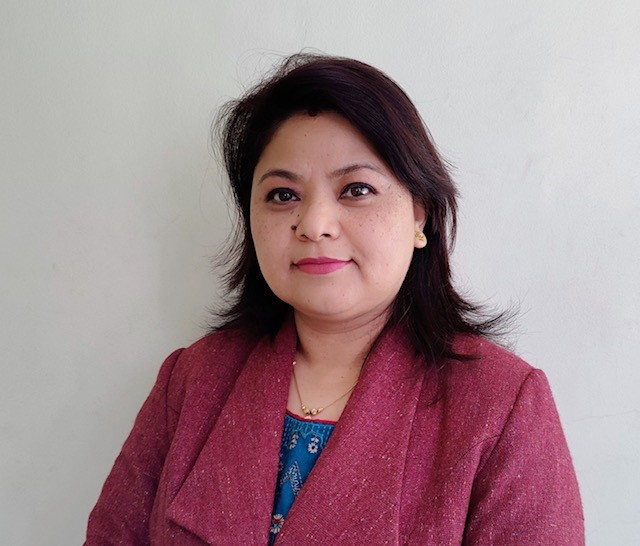
Expertise in: Reproductive Rights
Prabina Bajracharya is the Regional Director for Asia at the Center for Reproductive Rights. In this role she leads the Center’s work in the Asia Region.
Prabina Bajracharya is a human rights lawyer with extensive experience in human rights monitoring, analysis, advocacy, capacity building, and strategic partnerships. Her area of expertise includes rule of law, gender-based violence, access to justice, transitional justice, and reproductive rights. She has worked with the UN Human Rights Office in Nepal and Thailand, and with the UN Refugee Office and International Center for Transitional Justice in Nepal, among others.
Prabina holds a master's degree in international law from Erasmus University, Rotterdam in the Netherlands, and a bachelor's degree in law from Tribhuban University Nepal. Prabina is also a qualified attorney, registered with the Nepal Bar Council.
Senior Analyst, Focus on the Global South (Focus)
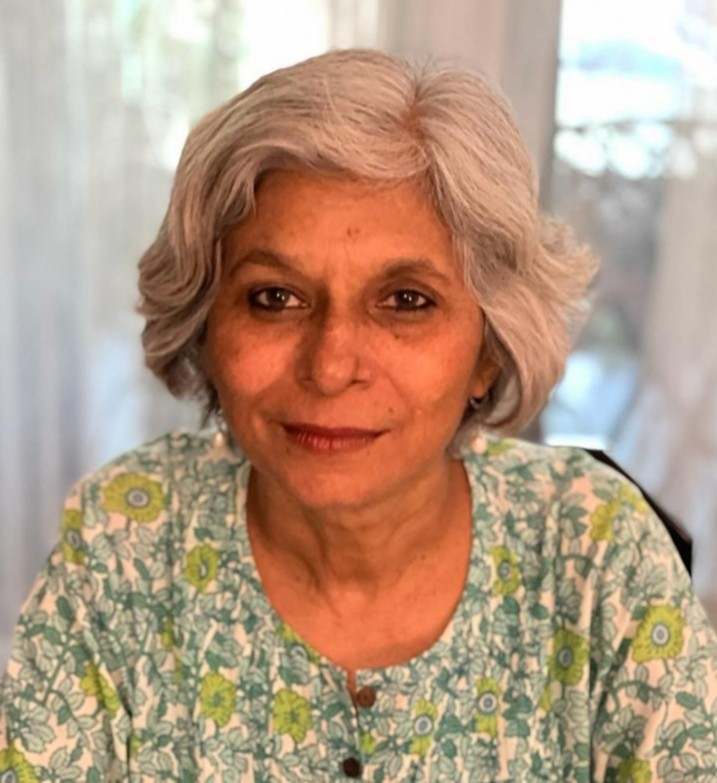
Expertise in: Women’s Rights and the Democratisation of Governance
Shalmali Guttal is a Senior Analyst with Focus on the Global South (Focus), and lives in India. She has been working on trade, investment, debt, the commons, and peoples’ rights to land, resources and food, for over 30 years, with emphasis on women’s rights and democratization of governance. Her work includes research, writing, campaigning and popular education on issues related to economic, social, gender and ecological justice. She works with social movements, unions, civil society organisations, jurists, legislators and policy makers on natural, social and knowledge commons, food sovereignty, human rights and public goods and services. Guttal is involved in several regional-international platforms and spaces, including the Asian Peoples’ Movement on Debt and Development (APMDD), Asia-Europe Peoples’ Forum, (AEPF), the Mekong ASEAN Environmental Week (MAEW), Nyeleni food sovereignty, Civil Society and Indigenous People’s Mechanism (CSIPM) in the Committee for World Food Security (CFS), and the Peoples Working Group on Multistakeholderism (PWGM). She is a panel member of the International Panel of Experts on Sustainable Food Systems (IPES-Food). In May 2024, she was appointed to the Working Group for the implementation of the UN Declaration on the Rights of Peasants and Other People Working in Rural Areas.
Focus is a regional policy research organization headquartered with country offices in Thailand, India, Cambodia and the Philippines. Focus combines policy research, advocacy, activism and grassroots capacity building in order to generate critical analyses and debates among social movements, civil society organizations, elected officials, government functionaries and the general public on national and international policies related to globalization, social and environmental justice, peace and democracy.
Senior Fellow, Global Health Justice Partnership, Yale University
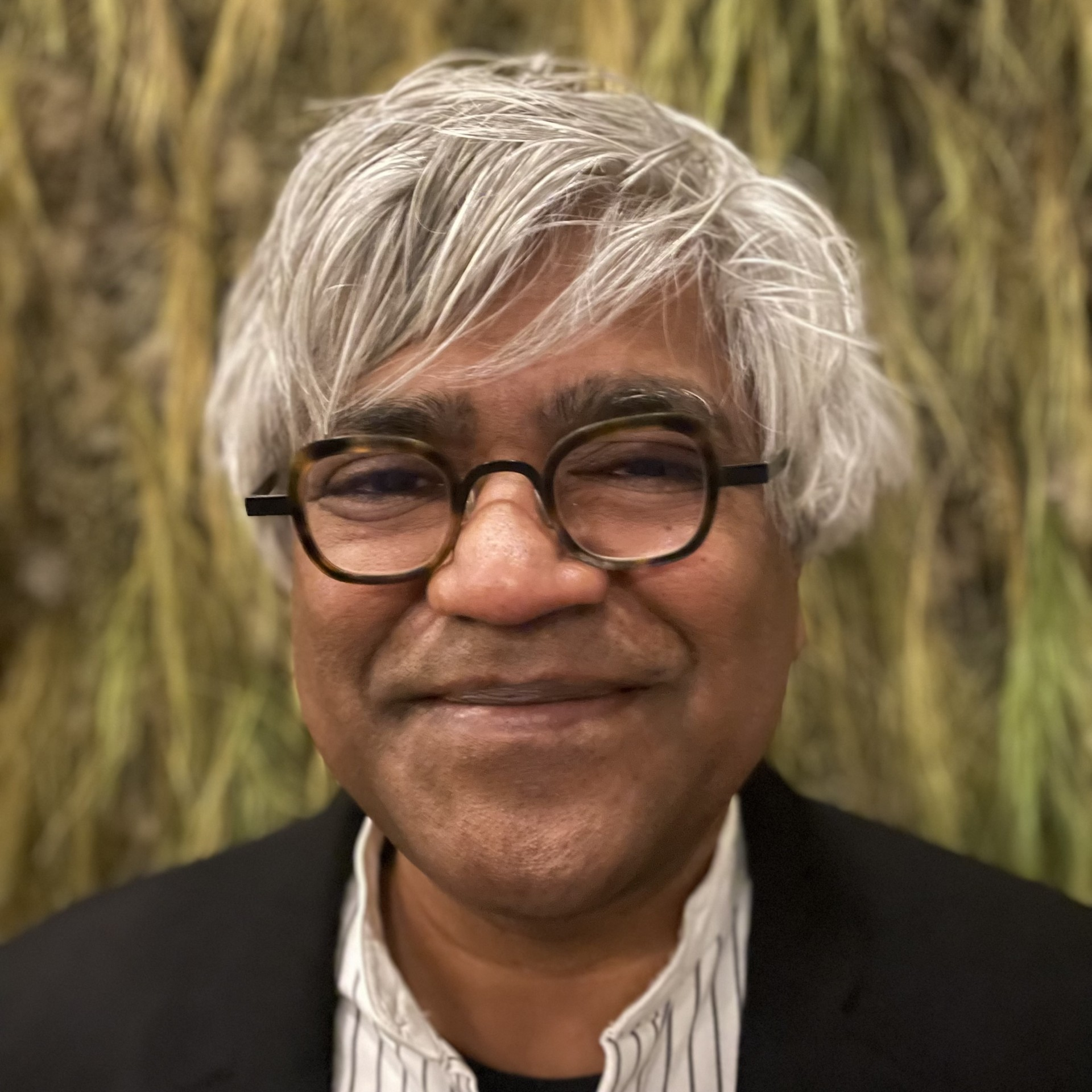
Expertise in: Public Health, Global Health & Access to Health
Dr Unni Karunakara is a Senior Fellow at Yale University’s Global Health Justice Partnership. He served as Director a.i. of the United Nations University International Institute for Global Health (2024-2025), and was International President of Médecins Sans Frontières (2010-2013).
Professor of Human Rights Law, QMUL
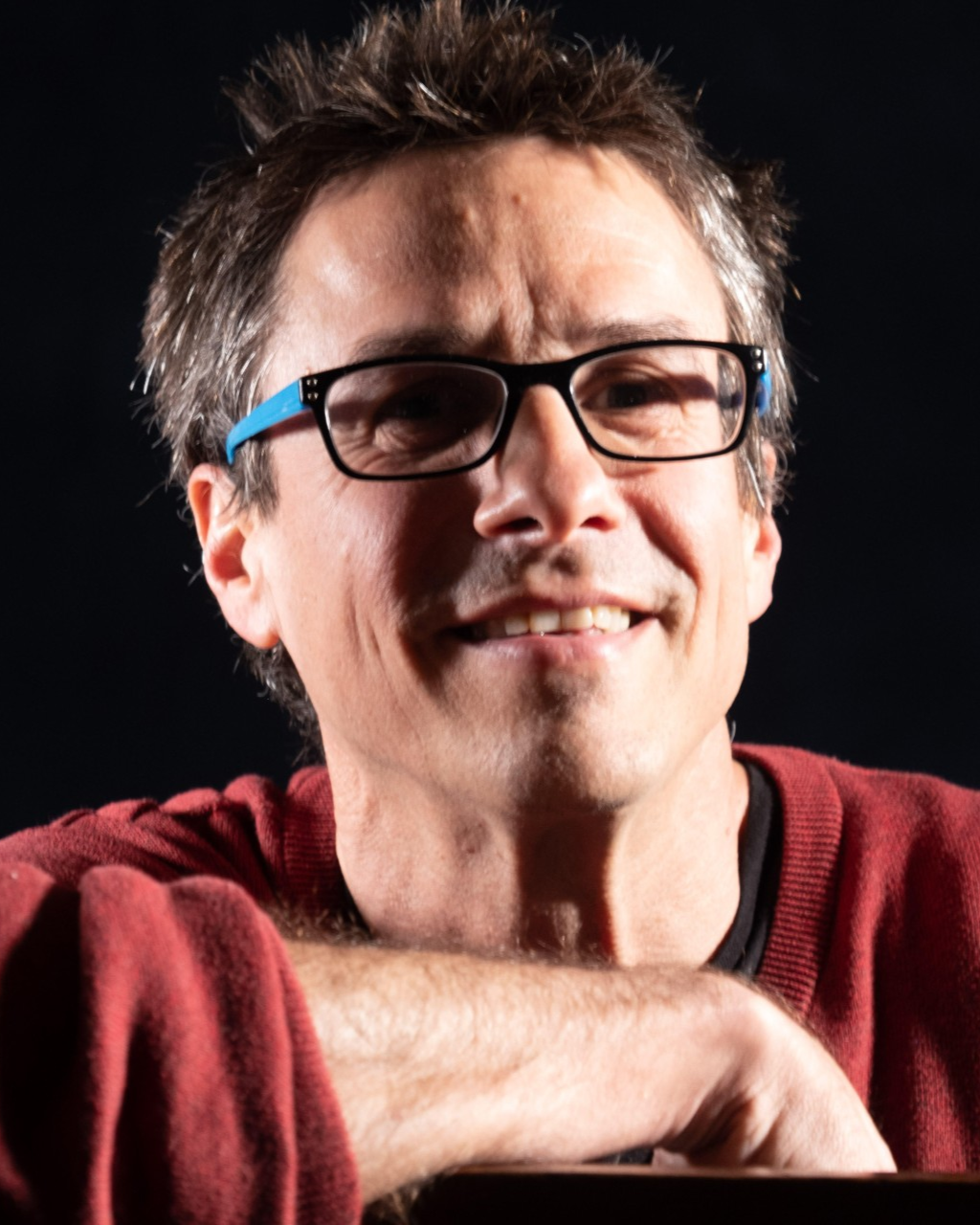
Expertise in: International Law
Neve Gordon joined the School of Law at Queen Mary University of London, after teaching for seventeen years at Ben-Gurion University in Israel. His research focuses on international humanitarian law, human rights, the ethics of violence, with particular focus on Israel-Palestine and attacks on healthcare.
Gordon is the author of Israel’s Occupation (University of California Press 2008) and co-author of The Human Right to Dominate (Oxford University Press, 2015), Human Shields: A History of People in the Line of Fire (University of California Press, 2020). He is a Fellow of the British Academy of Social Sciences and writes regularly for the popular press.
Marriott, Kathmandu, Nepal
Reflections on the erosion of common humanity through shuttering frontiers, neglecting climate justice, and the future of the “Grand Bargain”
In fragile and conflict-affected settings, access to sexual and reproductive health is not only deprioritized,
but also actively denied. From bans on female healthcare workers in Afghanistan, to rising child marriage in
humanitarian crises, to silent rollbacks on HIV and safe abortion services amid political instability, SRHR is
treated as negotiable, optional, or dangerous. This panel will explore how restrictive laws, collapsing
systems, and donor retreat converge to systematically erase women and girls’ rights to healthcare.
Taking a sharp look at countries in South Asia, the panel will interrogate the failures of both national
governments and the international system to protect the right to reproductive autonomy in times of crisis. It
will also reflect on the operational dilemmas faced by actors like MSF, navigating care delivery amid legal
ambiguity, cultural resistance, and gender-based exclusion.
When traditional humanitarian frameworks falter, how can South-to-South solidarity and local innovation
reshape the future of crisis response? This panel calls for a commitment to amplify non-traditional voices,
strengthen horizontal partnerships, and recognize communities not as beneficiaries, but as drivers of
sustainable change.
In the face of eroding international humanitarian legitimacy and shrinking donor engagement, it is
communities, community-based organizations (CBOs), and local NGOs, often outside traditional aid
frameworks, that are sustaining health, rights, and social cohesion on the ground. This panel explores how
these local actors, together with emerging South-to-South partnerships and non-traditional solidarity
networks, are innovating to address complex crises and systemic failures.
These actors navigate political constraints, resource gaps, and exclusion from formal decision-making, yet
remain indispensable in delivering services, advocating for rights, and rebuilding trust at the community
level. The discussion will highlight how South-to-South cooperation fosters knowledge exchange, capacity
building, and collaborative action among affected countries and communities, challenging the dominance
of Global North-driven aid models.
By centering local and regional perspectives, this panel invites a critical reflection on how humanitarian
legitimacy and effectiveness can be redefined through equitable partnerships that empower communities
as leaders, innovators, and rights holders, shaping solutions rooted in context, solidarity, and justice.
The foundational principles that once protected medical care in conflict, neutrality, impartiality, and the
inviolability of health facilities, are under attack. From Gaza to Sudan, we are witnessing the collapse not
only of health systems, but of the moral and legal frameworks meant to protect them. Governments obstruct
or weaponize aid, international institutions fail to enforce accountability, and NGOs face growing constraints
in both access and legitimacy.
This panel will explore how these interconnected failures reflect a deeper erosion of trust in the global
humanitarian architecture and ask: what becomes of healthcare when every actor, from states to INGOs, is
seen as falling short? How do we navigate this fractured landscape while upholding the right to health, and
what forms of responsibility and collaboration are possible when traditional mechanisms no longer hold?